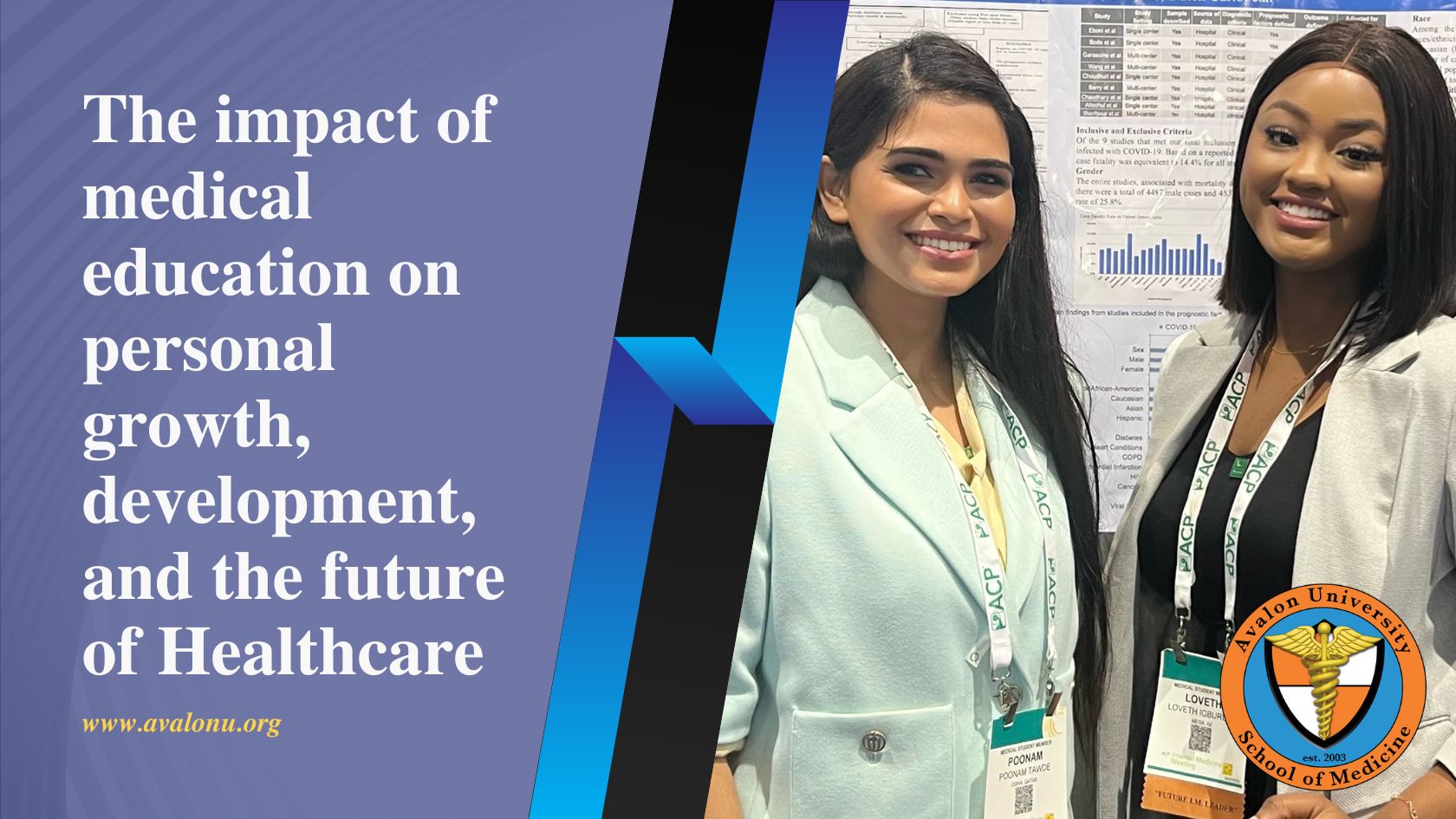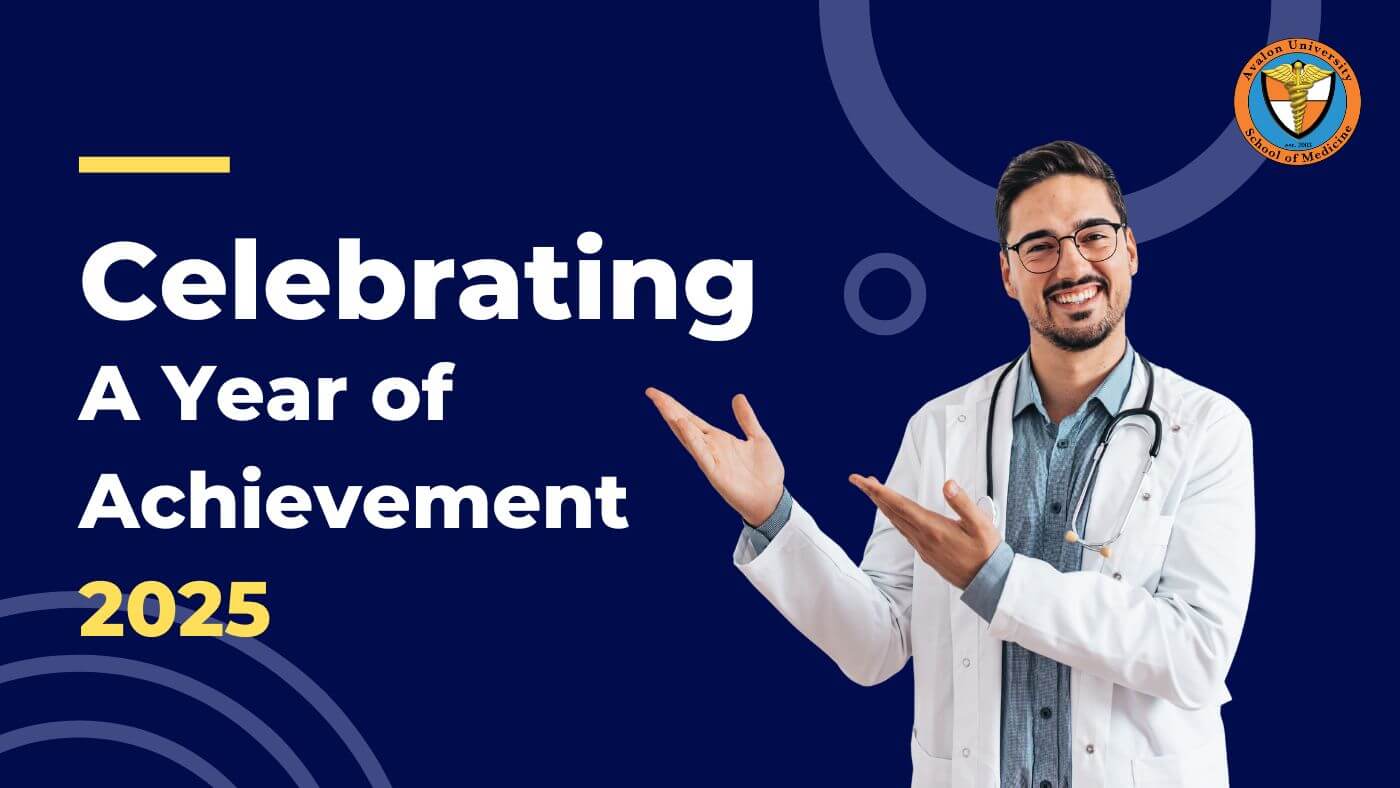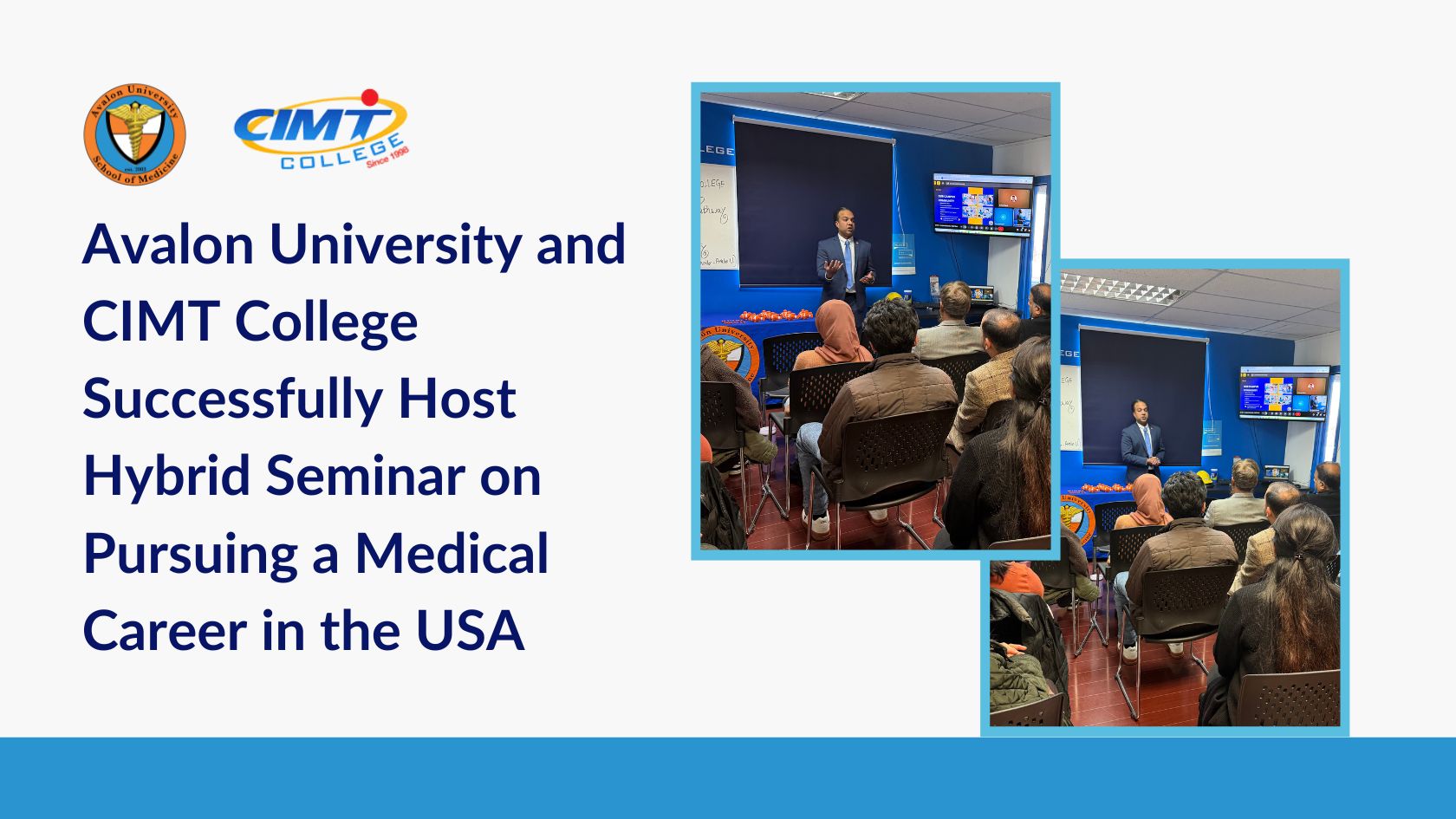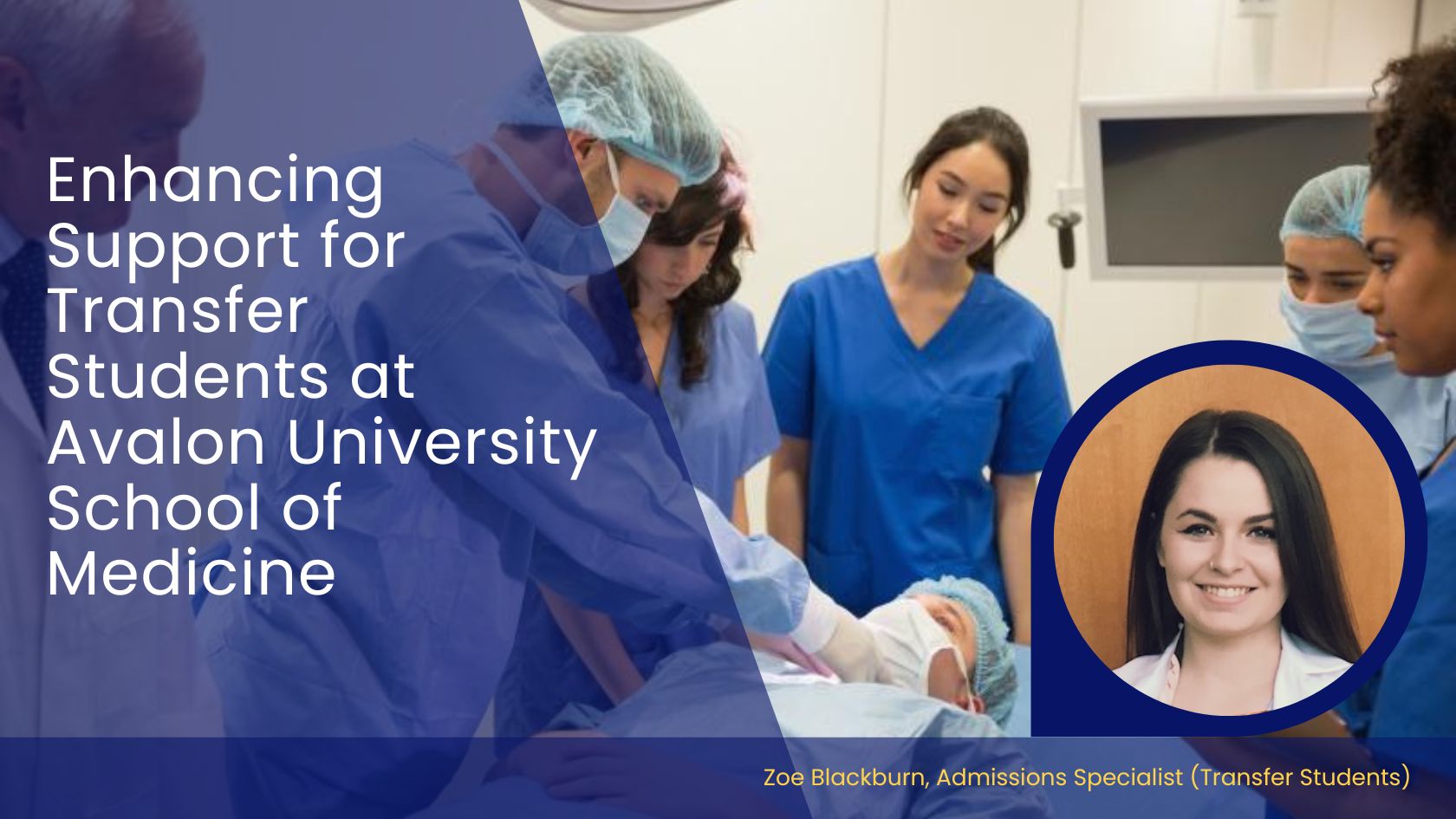The impact of medical education on personal growth, development, and the future of Healthcare
Medical education is a long and rigorous process, but it can also be incredibly rewarding. In addition to the knowledge and skills that students gain, medical education can also have a profound impact on their personal growth, development, and the future of healthcare.
One of the ways that medical education can impact personal growth is by helping students develop a strong sense of empathy. As medical students, they are exposed to the suffering of others on a daily basis. This can be difficult to experience, but it helps students develop a deeper understanding of what it means to be human. They learn to see the world through the eyes of their patients, and in turn, develop a genuine desire to help others.
Medical education can also help students develop strong critical thinking and problem-solving skills. They are taught to evaluate complex medical information and how to make sound decisions under pressure. These skills are essential for success in the healthcare field, but they can also be helpful in other areas of life.
Along with cognitive skills, medical education assists students in developing important emotional and interpersonal skills. They learn how to communicate effectively with patients, families, and other healthcare professionals. They also learn how to manage stress and cope with the challenges of working in a demanding field.
In addition to the personal benefits for students, medical education also has a positive impact on the future of healthcare as a whole. For example, medical schools are increasingly incorporating research into their curricula. This helps to prepare students for careers in research, which is essential for the advancement of medicine. Medical schools are also working to improve diversity in the healthcare workforce; diversity and inclusion is important because it ensures that patients have access to care from providers who understand their unique needs.
Overall, medical education can have a profound impact on personal growth, development, and the future of healthcare. By helping students develop the knowledge, skills, and qualities that are essential for success in the field, medical education aims to ensure that the next generation of doctors is fully prepared to provide superior medical care.
The impact of medical education is extensive. Doctors who are trained in the latest medical knowledge and techniques are better able to diagnose and treat diseases. They are more likely to be effective communicators and to build strong relationships with their patients, leading to improved patient outcomes and a better overall quality of healthcare.
Furthermore, medical education can help to address some of the challenges facing the healthcare system today. For example, the aging population is putting a strain on the healthcare system. Medical schools are working to train more doctors to meet the needs of this growing population. Medical education is essential for not only the overall future of healthcare, but for the future medical professionals. By helping to develop the next generation of doctors, medical education can help to ensure that patients have access to high-quality care.





